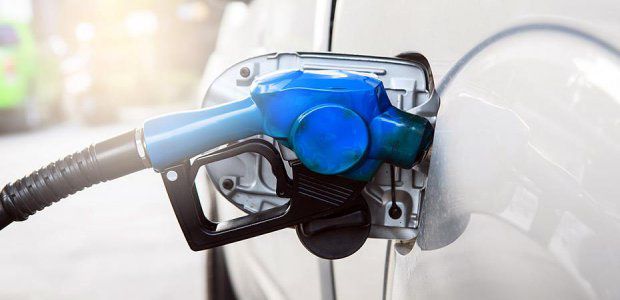Volume-based fuel sales fell by 5 percent in 2018, driven lower primarily by weaker gasoline and heating fuel demand, which dropped by 5 and 17 percent, respectively, according to data released by SEEPE, the Hellenic Petroleum Marketing Companies Association. The drop in auto diesel demand was milder, falling 1.5 percent.
These latest figures, four months following Greece’s exit from the country’s bailout program, do not bode well for the economy, fuel data being a key indicator of its prospects.
The SEEPE figures could have been worse had it not been for the cold weather experienced in December, which generated a 15 percent increase in monthly demand for heating fuel.
Despite the latest slide in overall fuel demand, the extent of the drop is smaller compared to slumps of previous years during the recession, which has led to successive fuel demand reductions over the past seven years. Heating fuel demand has slumped by a total of 43 percent during this period.
Fuel taxes in Greece have played a big role in this weakened demand. Greece’s Special Consumption Tax (EFK) imposed on fuel is Europe’s third highest, behind the Netherlands and Italy, while the VAT rate, at 24 percent, is the continent’s fifth highest. Greek gasoline prices are the EU’s third highest. Netherlands tops the list and is followed by Italy. VAT rates in most developed EU states range between 19 and 21 percent.
Greece’s VAT-EFK combination is causing double taxation – or tax on taxes.
The influence of euro-dollar exchange rates has impacted fuel prices in Greece at an extent of between 30 and 40 percent. Local retail fuel prices are mainly shaped by fuel taxes to a degree of between 60 to 70 percent, well over the EU average. The fuel tax proportions are lower in member states such as Germany, Finland and France, where disposable income levels are far higher than in Greece.





